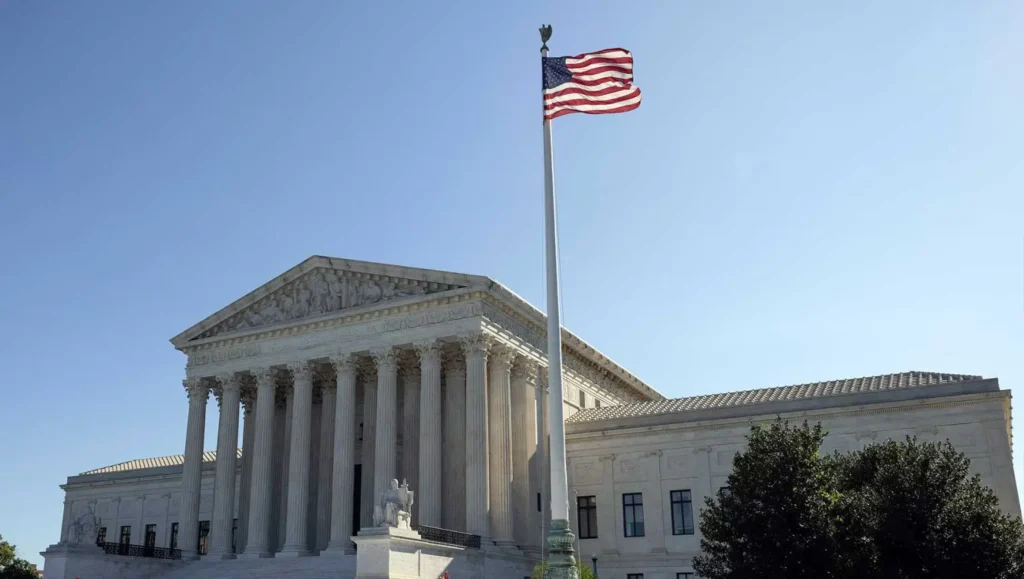The U.S. Supreme Court has ruled that American citizens cannot sue the government over visa denials for their foreign spouses. This decision means that the U.S. government can deny entry to non-citizen spouses without providing an explanation, without violating the constitutional rights of U.S. citizens.
In a 6-3 decision, the court ruled in the case of the Department of State v. Sandra Munoz, No. 23-334. Sandra Munoz, a U.S. citizen and civil rights lawyer, had her El Salvadoran husband’s visa application denied after a three-year wait, with the reason being his suspected gang affiliation.
Munoz married her husband in 2010, and they have a child together. They have been separated since 2015 due to the visa denial, according to court documents.
In the U.S., visa denials typically cannot be reviewed in court unless there is a violation of the applicant’s constitutional rights. Munoz claimed that the delay in explaining the visa denial violated her due process rights and interfered with her fundamental right to marry.
However, Justice Amy Coney Barrett, writing for the court, stated that Munoz’s claim involved more than just marriage and living together; it also included the right for her non-citizen husband to enter and stay in the U.S.
This ruling overturns a 2022 decision by the 9th U.S. Circuit Court of Appeals, which had allowed Munoz’s lawsuit against the State Department to proceed.
The conservative group, Immigration Reform Law Institute, supported the ruling, stating that allowing citizens to bring dangerous individuals into the country would be harmful.
On the other hand, Justices Sonia Sotomayor, Elena Kagan, and Ketanji Brown Jackson dissented, arguing that the government should provide factual reasons for denying a citizen’s spouse entry, as it affects the citizen’s right to marriage.







